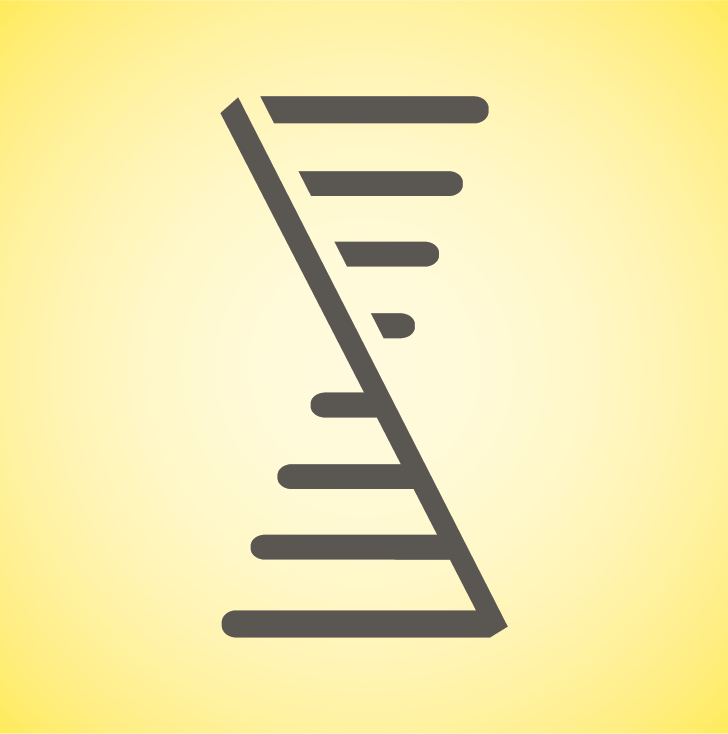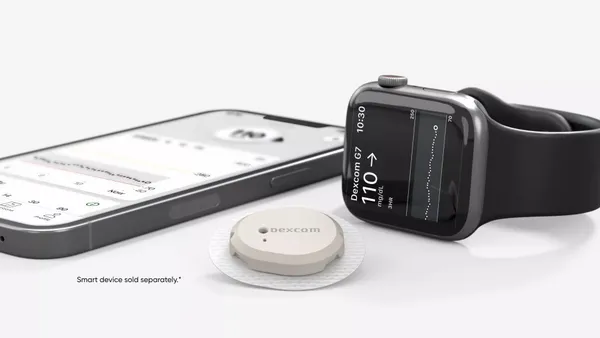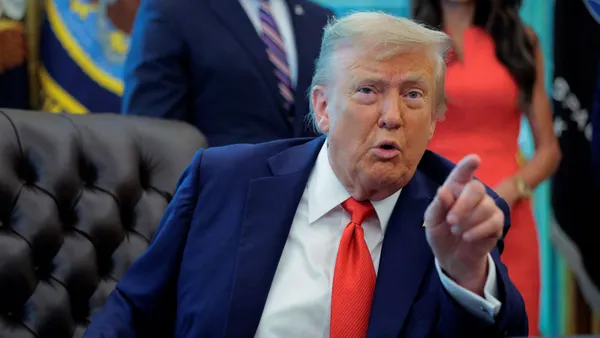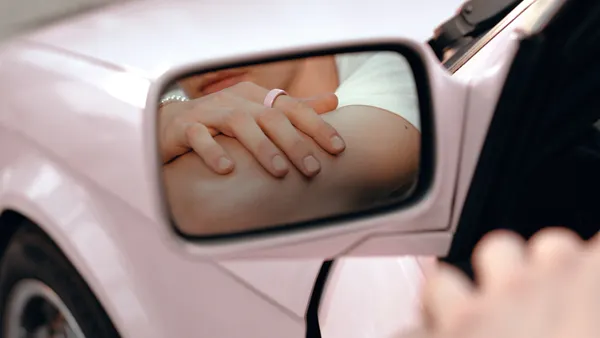Dive Brief:
- Abbott rolled out its first over-the-counter glucose sensor in the U.S. on Thursday, just over one week after Dexcom began selling its competing product.
- The device, called Lingo, is intended to be used for wellness purposes by people without diabetes. It’s available for people ages 18 years and older who don’t take insulin.
- Lingo is priced at $49 for one 14-day sensor, $89 for two sensors, or $249 for six sensors, matching Dexcom’s monthly price for its Stelo over-the-counter continuous glucose monitor (CGM).
Dive Insight:
Abbott and Dexcom are competing for a new market for over-the-counter CGMs after the Food and Drug Administration cleared the first devices earlier this year.
Abbott’s Lingo is intended to show people how diet and exercise affect blood glucose levels. The sensor hardware is similar to Abbott’s prescription CGMs, but the app presents different information.
The app includes a graph of glucose readings, a count of glucose spikes, and food and activity logging. It also offers tailored recommendations based on food, time of day and glucose spikes.
Dexcom’s Stelo CGM, which is a 15-day sensor, includes similar features and tracks time-in-range, a measurement of how long users stay in a desired blood sugar range.
Stelo is intended for people with diabetes who don’t take insulin, although it can also be used by people without diabetes. Abbott plans to debut another OTC sensor designed specifically for people with diabetes, called Libre Rio.
“The launch of Lingo is a significant milestone for [Abbott] as the global leader in CGMs,” RBC Capital Markets analyst Shagun Singh wrote in a research note.
She expects the new devices will open a total addressable market of about 96 million people with prediabetes in the U.S. and sees Libre Rio as having a potential market of roughly 25 million people.
Abbott has not forecast sales from Lingo for this year, but the company expects it will be a “meaningful contributor over time,” in 2025 and beyond, Singh wrote. The company plans to build on the platform with additional biomarkers, such as ketones, lactate and alcohol. Abbott is working on a sensor that can measure glucose and ketones.
Dexcom still expects to reach $40 million in sales related to Stelo by the end of the year, company leaders said Wednesday at the Wells Fargo 2024 Healthcare Conference.
CEO Kevin Sayer said the feedback from users has been “very good” and the rollout has been seamless. When people sign up for the app, the company asks if they have Type 2 diabetes, prediabetes, or if they don’t have diabetes but still want to use the device. Most people are signing up for a subscription rather than buying individual sensors, and the company will track how many people maintain it over the next month, Sayer said.












